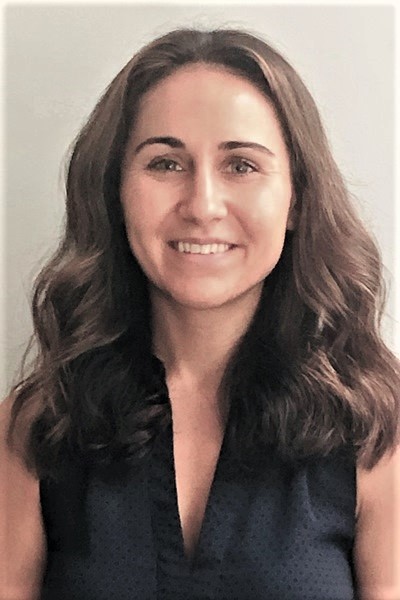Nicole Marchese

Nicole Marchese
Assistant Project Manager
Parsippany, New Jersey
973-560-1400 X150
nicole.marchese@ewma.com
Education
- Montclair State University
Doctor of Philosophy in Environmental Science and Management - Montclair State University
Master of Science in Earth and Environmental Science - Ramapo College of New Jersey
Bachelor of Science in Environmental Science
Certifications
- AHERA Asbestos Building Insepctor
- 10 Hour OSHA for Construction
- Confined Space Entry
- 40 Hour OSHA HAZWOPER
Experience Highlights
Residential/Commercial Underground Heating Oil Tank Removals and Remediations –
Multiple Locations (Environmental Scientist II/III, January 2017-Present):
Ms. Marchese serves as an environmental scientist for multiple homeowners and
commercial clients, designing, directing, and overseeing the removal and remediation of
residential and commercial underground storage tanks. Ms. Marchese has also prepared all
necessary municipal/state permits and applicable NJDEP documentation before and after
removal and remediation. Ms. Marchese is well versed in the NJDEP Residential UHOT
program regulations.
Public Service Electric and Gas Company – Multiple Locations (Environmental Scientist III,
August 2018-Present): Ms. Marchese serves as a member of the PSE&G Emergency Response Spill Division,
directing environmental cleanups of dielectric fluid discharges from failed transformers.
Subsequently, Ms. Marchese prepares Remedial Investigation/Remedial Action reports and
Response Action Outcomes for the NJDEP Site Remediation Program once the remediations
are completed.
